Many research evidences show that high blood pressure increases the risk of stroke, heart failure and chronic kidney disease, according to the health website Medical News Today (UK).

Arteriosclerosis and impaired kidney function are common causes contributing to high blood pressure in the elderly.
PHOTO: AI
Causes of high blood pressure include:
Arteriosclerosis can cause high blood pressure.
Blood vessel walls are flexible and help absorb the force of contractions from the heart. But over time, the collagen structure in the artery walls changes, making them less elastic and stiffer. This is called arteriosclerosis. As a result, the heart has to work harder to pump blood, leading to increased blood pressure.
To prevent this, older adults should maintain a diet rich in green vegetables, whole grains, and potassium-rich foods. These foods will help improve the elasticity of blood vessels. In addition, regular physical activity such as walking, yoga, or swimming also helps improve blood circulation and slow down the process of hardening of the blood vessels.
Renal impairment
The kidneys control the amount of sodium and water in the body, thereby helping to regulate blood pressure. However, the kidney's blood filtering function begins to decline after the age of 40 and becomes more pronounced after the age of 60. When the kidneys are not working effectively, excess salt and water accumulate in the body, contributing to high blood pressure.
To prevent this risk, the elderly should limit their salt intake, drink enough water, and have their glomerular filtration rate checked regularly. In addition, controlling blood sugar and blood pressure well is also an indirect way to protect the kidneys.
Hormonal changes
The body's endocrine system also changes with age, which affects the ability to regulate blood pressure. The kidneys' ability to secrete renin, an enzyme that regulates blood pressure and electrolyte balance, often decreases in older adults. This causes the body to lose its water and electrolyte balance, leading to fluctuating blood pressure and increased risk of high blood pressure.
In menopausal women, the decrease in estrogen also reduces the ability of blood vessels to dilate and increases the risk of atherosclerosis.
Experts recommend that menopausal women should be advised about hormone replacement therapy if necessary, while maintaining a healthy lifestyle and eating foods rich in phytoestrogens such as soy to support natural hormone regulation.
Associated diseases
Older adults often suffer from multiple medical conditions at the same time, such as diabetes, dyslipidemia, obesity, or thyroid disease. These conditions are both the cause and the effect of high blood pressure, creating a difficult-to-control pathological spiral. Therefore, older adults need to control their underlying diseases well by adhering to treatment, taking medication on time, and having regular health check-ups, according to Medical News Today .
Source: https://thanhnien.vn/4-nguyen-nhan-khien-nguoi-lon-tuoi-de-bi-huyet-ap-cao-185250523164843922.htm



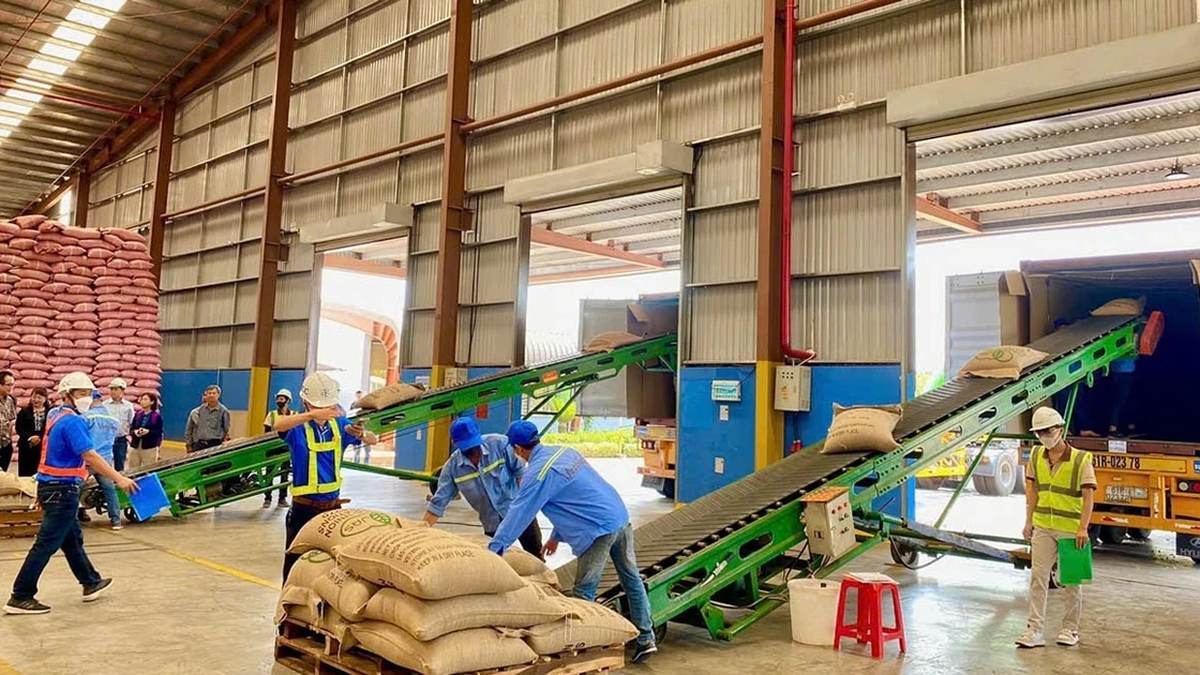
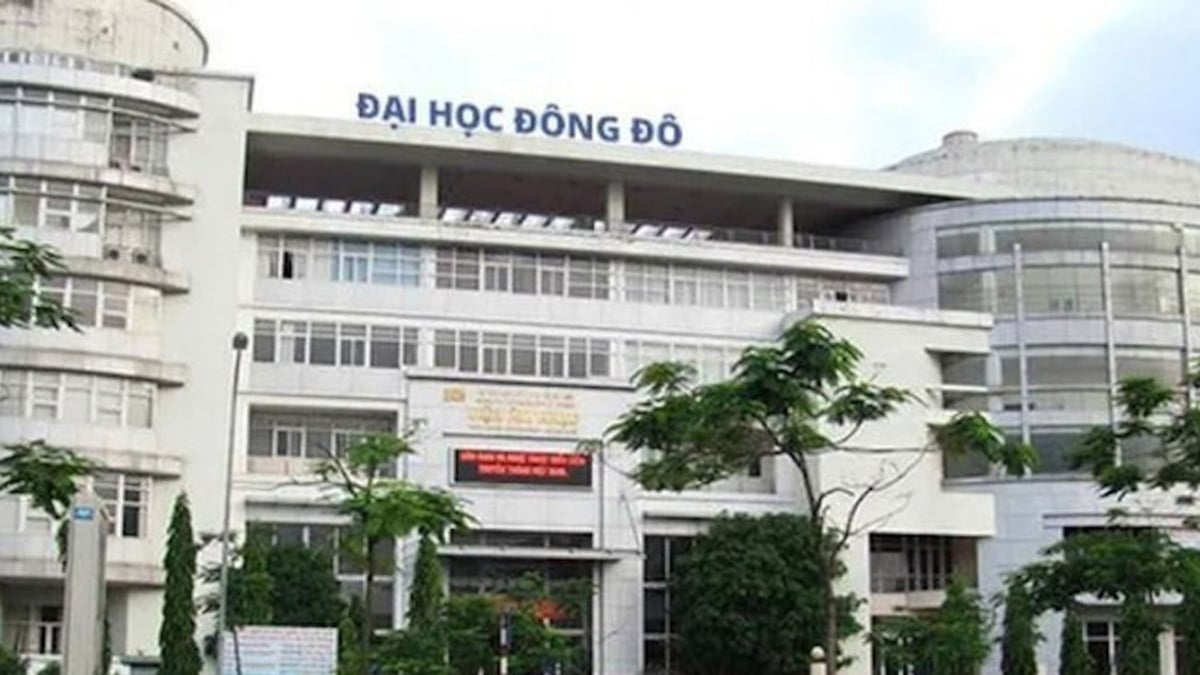

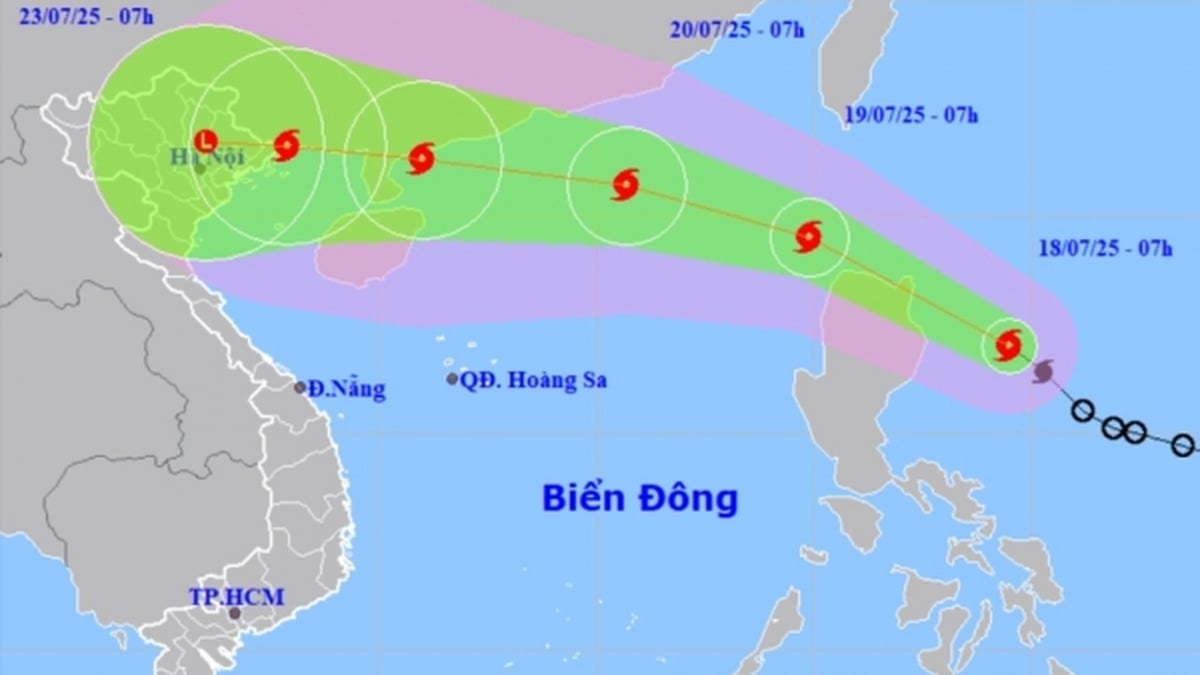
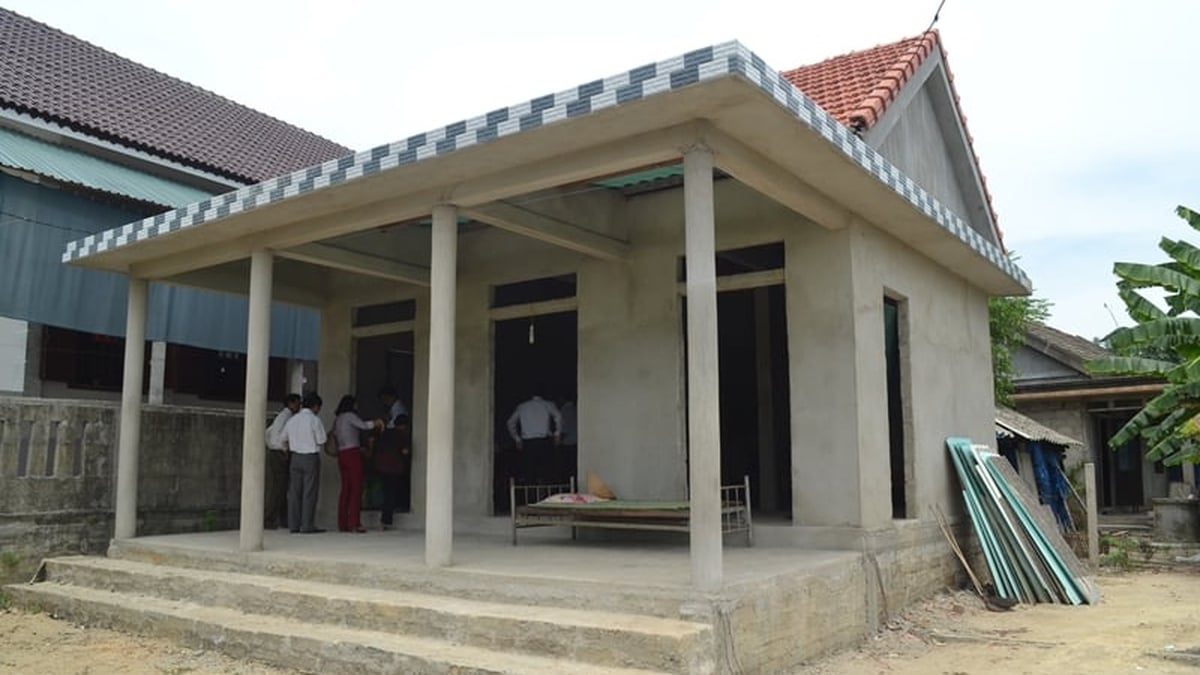








































































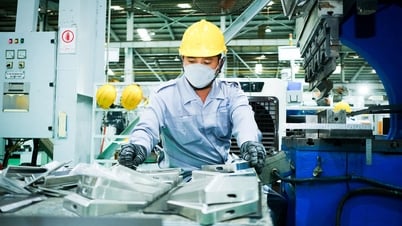














![[Infographic] In 2025, 47 products will achieve national OCOP](https://vphoto.vietnam.vn/thumb/402x226/vietnam/resource/IMAGE/2025/7/16/5d672398b0744db3ab920e05db8e5b7d)







Comment (0)